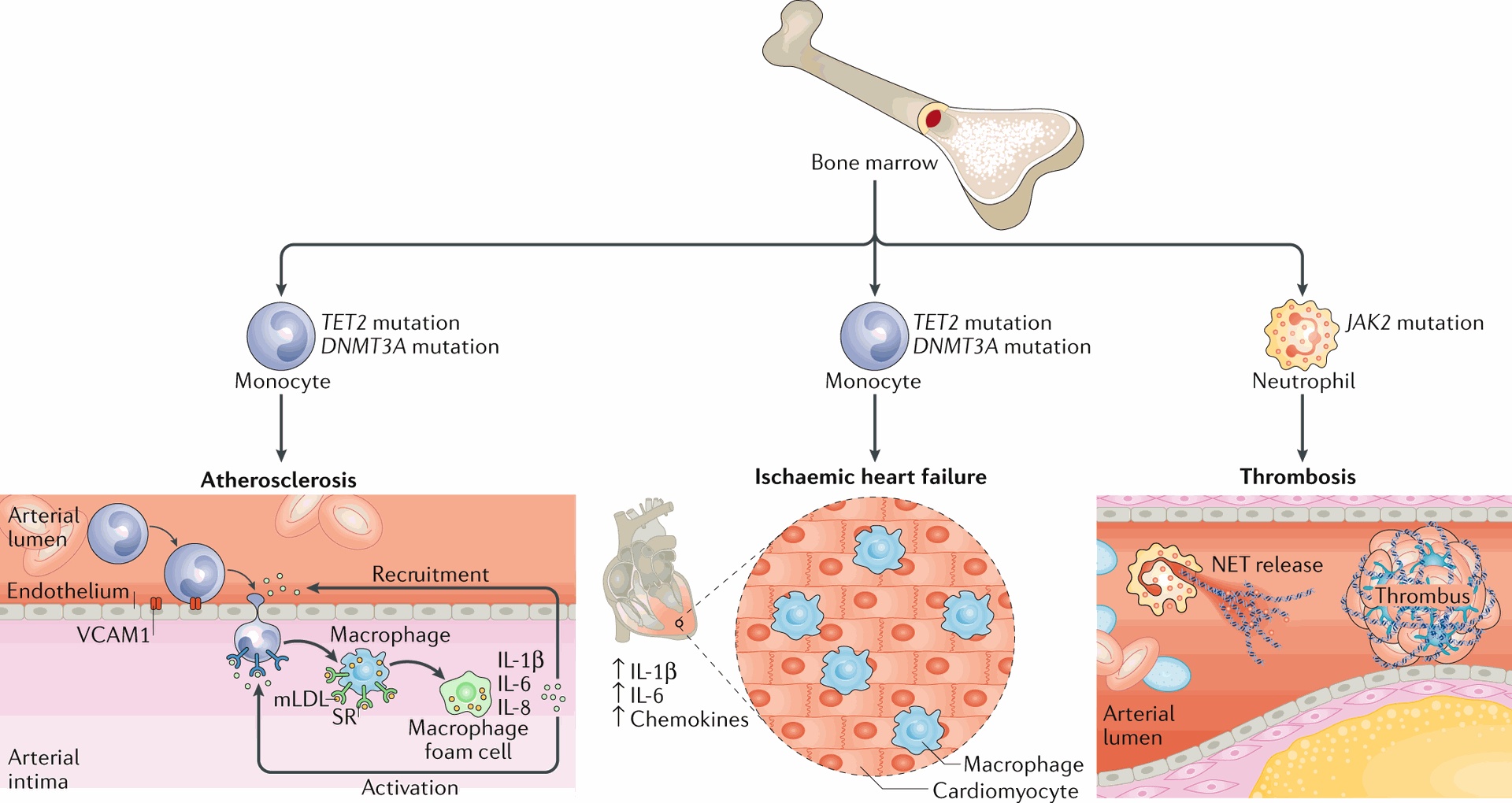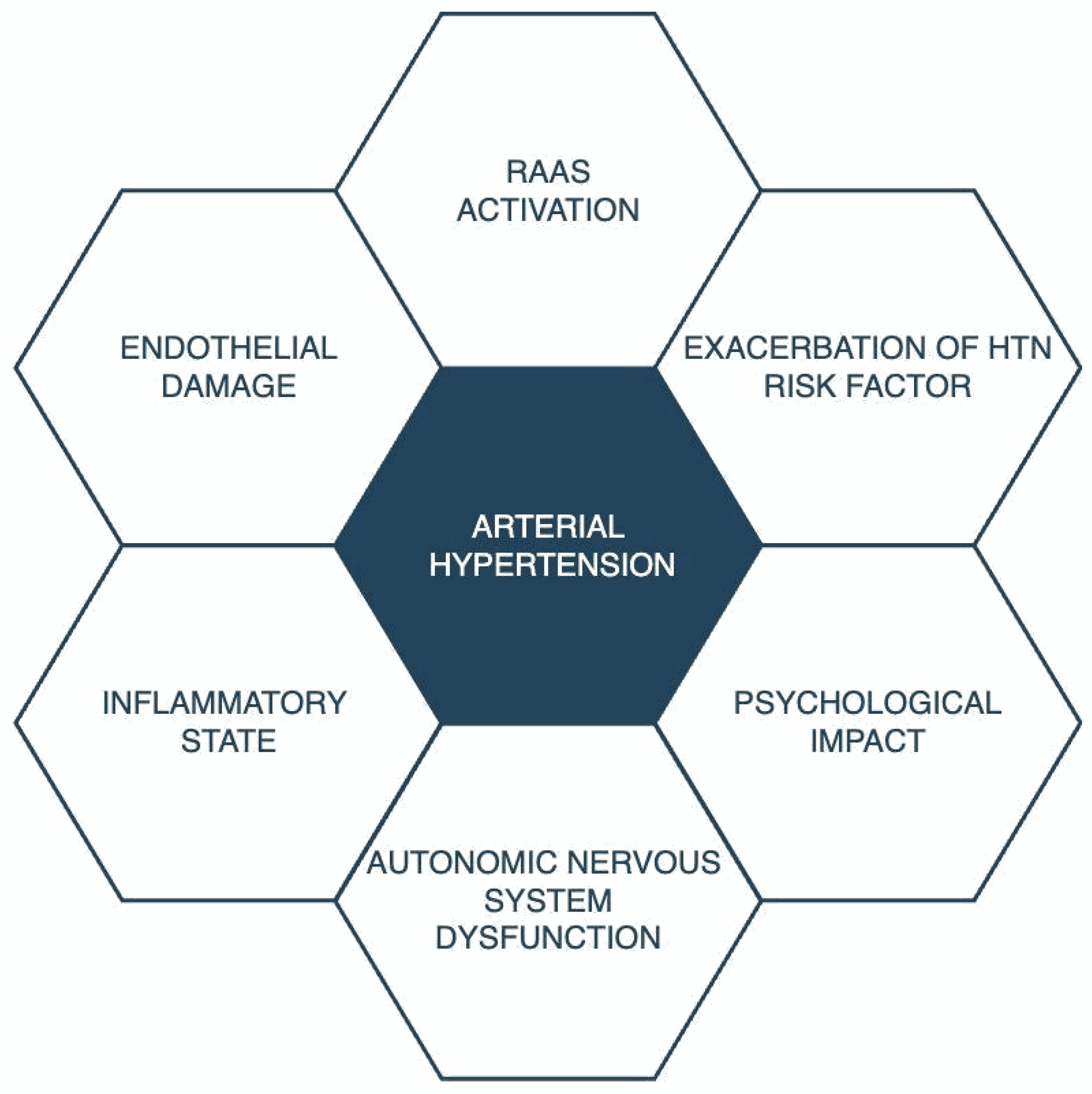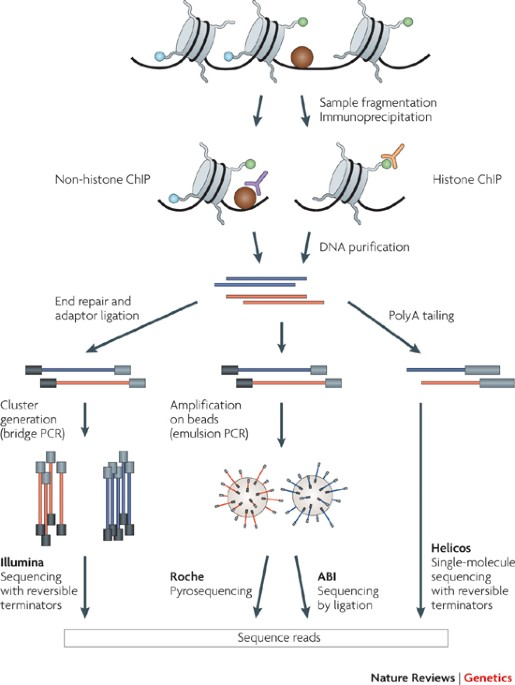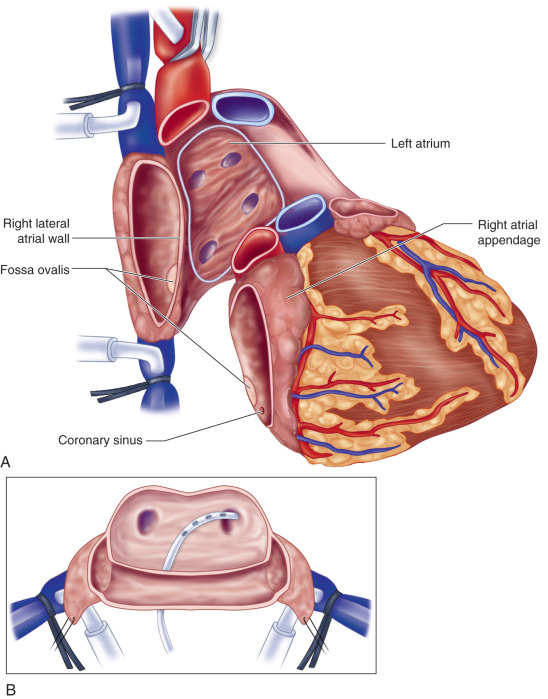Study Reveals CHIP Increases Heart Failure Risk in Lymphoma Patients After Stem Cell Transplant
A new study in JACC: CardioOncology shows that clonal hematopoiesis of indeterminate potential (CHIP)—a common age-related condition marked by blood cell mutations—is linked to significantly higher risks of heart failure and poorer survival in lymphoma patients after autologous hematopoietic cell transplantation (AHCT).
Key Findings:
- CHIP was highly prevalent in lymphoma patients before AHCT.
- Patients with CHIP had elevated heart failure risk post-transplant, especially those with pre-existing hypertension.
- CHIP carriers also faced worse overall survival, primarily due to increased non-relapse mortality (NRM).
Why It Matters:
These results suggest that CHIP screening before AHCT could help identify high-risk patients who may benefit from closer cardiac monitoring or preventive strategies.

CHIP Before Stem Cell Transplant Predicts Heart Failure and Worse Survival in Lymphoma Patients, Study Finds
- CHIP (clonal hematopoiesis of indeterminate potential) was found in 21.7% of lymphoma patients before stem cell transplant (AHCT), with prevalence rising sharply with age.
- Patients with CHIP had nearly 3x higher risk of heart failure post-transplant (13.8% vs. 4.7% at 5 years)—and risk climbed with higher mutation burden.
- CHIP carriers also faced worse survival (63.4% vs. 80.3% at 5 years), driven by increased non-relapse mortality.
- Hypertension amplified risks, suggesting modifiable cardiovascular factors could be intervention targets.

What This Means for Clinicians
"CHIP could help identify high-risk patients before transplant," said lead author Dr. June-Wha Rhee (City of Hope). "For some, alternatives like CAR-T therapy may be preferable, while others might benefit from closer heart monitoring post-HCT."
Actionable Insights:
✔ Pre-AHCT CHIP screening may refine risk stratification.
✔ Aggressive cardiovascular management (e.g., blood pressure control) could mitigate risks in CHIP-positive patients.
✔ Prospective studies are needed to guide clinical integration.

Why It Matters
With CAR-T and other therapies emerging, this data underscores the need to:
- Personalize transplant decisions for CHIP-positive patients.
- Optimize cardiovascular health pre- and post-HCT.
- Explore CHIP-targeted interventions to improve outcomes.
FAQs
1. What is CHIP, and why does it matter for lymphoma patients?
A: CHIP (clonal hematopoiesis of indeterminate potential) occurs when blood stem cells develop mutations (e.g., in DNMT3A, TET2). These mutations are common with aging and linked to higher heart failure risk and worse survival after stem cell transplants (AHCT) for lymphoma.
2. How common is CHIP in lymphoma patients?
A: In this study:
- 21.7% of pre-transplant patients had CHIP.
- Prevalence spiked with age: 4% (<50 yrs) → 52% (≥70 yrs).
- Most had mutations in DNMT3A, PPM1D, or TET2.
3. How much does CHIP increase heart failure risk post-transplant?
A: At 5 years post-AHCT:
- No CHIP: 4.7% developed heart failure.
- CHIP (VAF ≤10%): 11.7%.
- CHIP (VAF >10%): 18.5% (nearly 4x higher risk).
4. Does CHIP affect survival after transplant?
A: Yes. At 5 years:
- With CHIP: 63.4% survival.
- Without CHIP: 80.3% survival.
The difference was driven by non-relapse mortality (e.g., heart/cardiovascular events).
